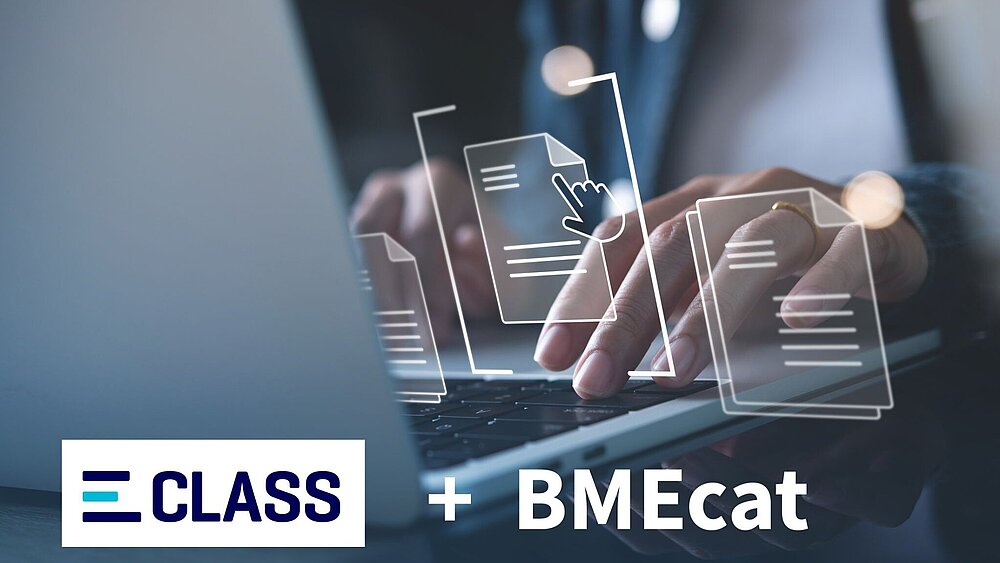Although BMEcat is available in four different versions 1.2, 2005, 2005.1 and the last update 2005.2, our technical specification defines of a common application of ECLASS (including both representations Advanced and Basic).
Some advantages of ECLASS in BMEcat:
- Data Consistency and Accuracy: ECLASS provides a standardized and well-defined classification structure for products and services. When integrated into BMEcat, it ensures consistent categorization, reducing the chances of errors and inconsistencies in catalog data.
- Interoperability: ECLASS serves as a common language for different participants in the supply chain. By incorporating ECLASS into BMEcat, it becomes easier for various stakeholders, including suppliers and buyers, to understand and exchange catalog data seamlessly.
- Enhanced Search and Filtering: ECLASS's hierarchical structure allows for detailed product categorization. Integrating it into BMEcat enables advanced search and filtering capabilities, making it simpler for users to find specific products within a catalog efficiently.
- Global Standardization: ECLASS is an internationally recognized classification system. Integrating it into BMEcat ensures compatibility with global standards, enabling cross-border trade and data exchange without confusion caused by disparate catalog structures.
- Incorporating ECLASS into the BMEcat format ultimately contributes to a more streamlined and efficient electronic catalog exchange process, fostering accurate communication, improved data visibility, and smoother collaboration across supply chain partners.

